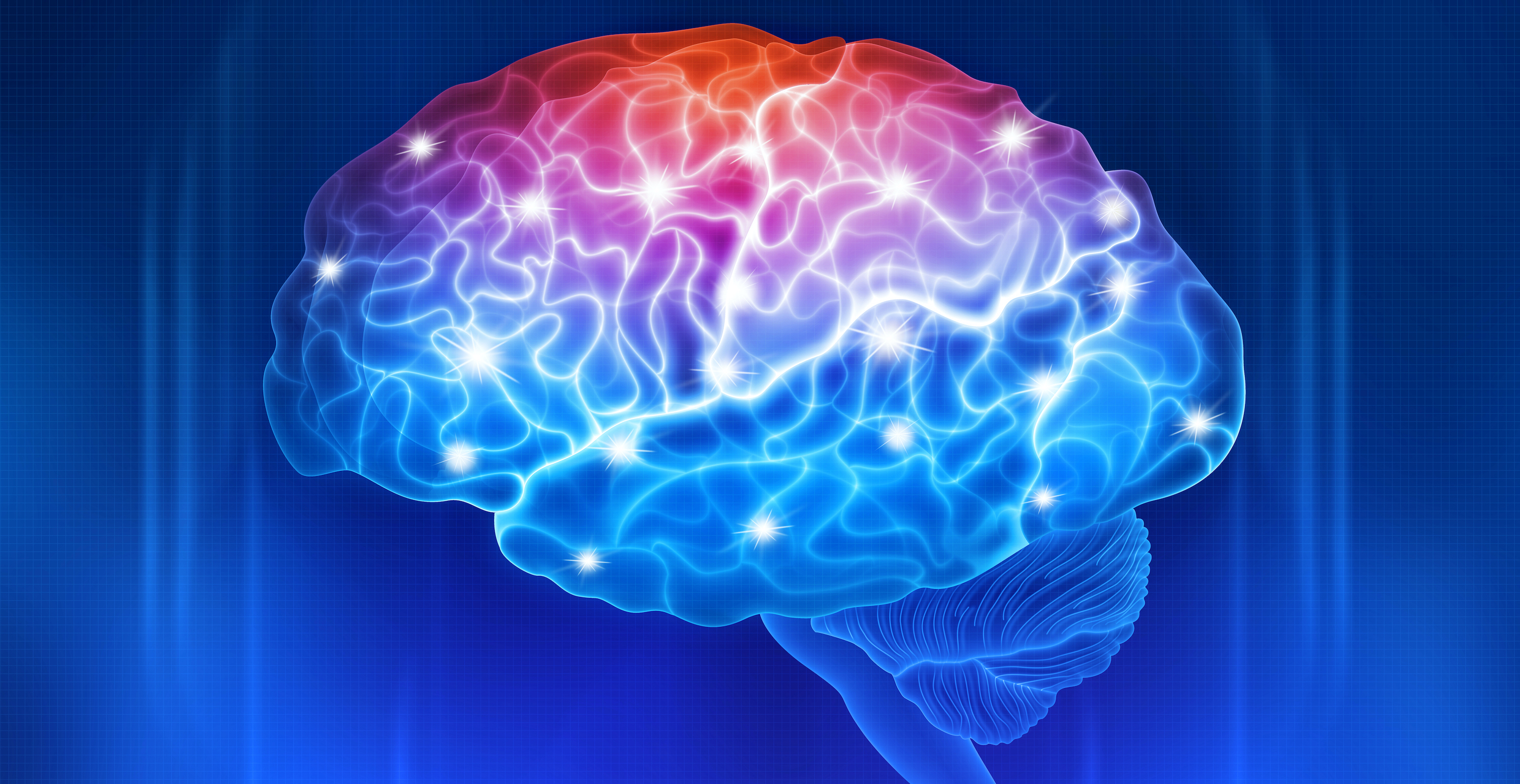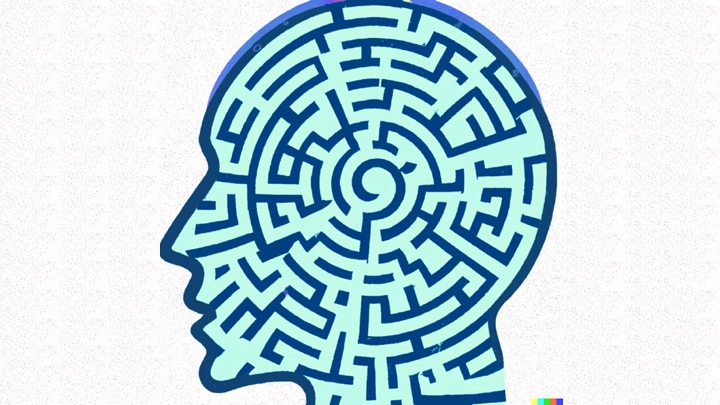News Mentions for the week of June 19, 2023
Our experts are often called upon to provide insight on current events and topics in the news. Here are some of the articles Stanford Psychiatry faculty have been interviewed for in recent weeks.
- News Center - Stanford Medicine
Stanford Medicine-led research identifies a subtype of depression
Using surveys, cognitive tests and brain imaging, researchers have identified a type of depression that affects about a quarter of patients. The goal is to diagnose and treat the condition more precisely. Leanne Williams, the Vincent V.C. Woo Professor of psychiatry and behavioral sciences, and Laura Hack, assistant professor of psychiatry and behavioral sciences, are quoted.
- Stanford HAI
A Blueprint for Using AI in Psychotherapy
While it’s true that AI holds tremendous potential for improving the science and practice of psychotherapy, it remains a definitively high-stakes area. The goal is not simply to increase efficiency of treatment but also improve lives — and avoid outcomes as grave as suicide. A new working paper with seven co-authors who range in disciplinary background from psychology to computer science, defines the potential benefits and concerns of deploying AI in psychotherapy. The authors articulate their vision for how AI might be put to good use in this space. Shannon Wiltsey Stirman, associate professor of psychiatry and behavioral sciences, is a co-author.
- AARP
What Your Weight in Your 70s (and Beyond) Means for Your Health
Here are some surprising truths about our changing bodies, and what those changes really mean to our health and longevity. Debra Safer, associate professor of psychiatry and behavioral sciences, is quoted.
- Health Affairs
Impacts Of Census Categories On Muslim American Health
The American Muslim community sits at the intersection of race, class, religious affiliation, and immigration status, among other intersectional identities. The current categorization of individuals from the Middle East and North Africa (MENA) countries as “White” on the census, which does not accurately reflect their racial or ethnic identity, prevents the accurate data collection and visibility of this largely Muslim population. Rania Awaad, clinical associate professor of psychiatry and behavioral sciences, writes this article on the subject with colleagues.
- Washington Free Beacon
When ‘Harm Reduction’ Becomes Harm Promotion: Yale Study Shows Biden's Drug Policy is Misguided
The Biden administration's embrace of radical "harm reduction" facilities, which encourage drug use through the distribution of paraphernalia and instructions on how to get high, is actually hindering addicts' chances of recovering, a new study suggests. Yale University researchers earlier this year published a study that sought to determine how cocaine-addicted minorities recover without formal treatment. The subsequent report found that social pressure, family responsibility, and spirituality—not the encouragement of safer drug consumption—helped addicts recover, findings that the study's authors hope will "inform drug treatment." Keith Humphreys, the Esther Ting Memorial professor of psychiatry and behavioral sciences, provides comment.



